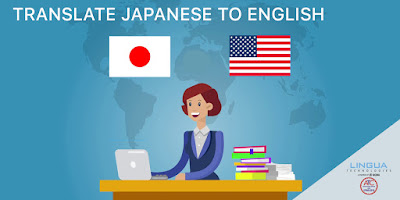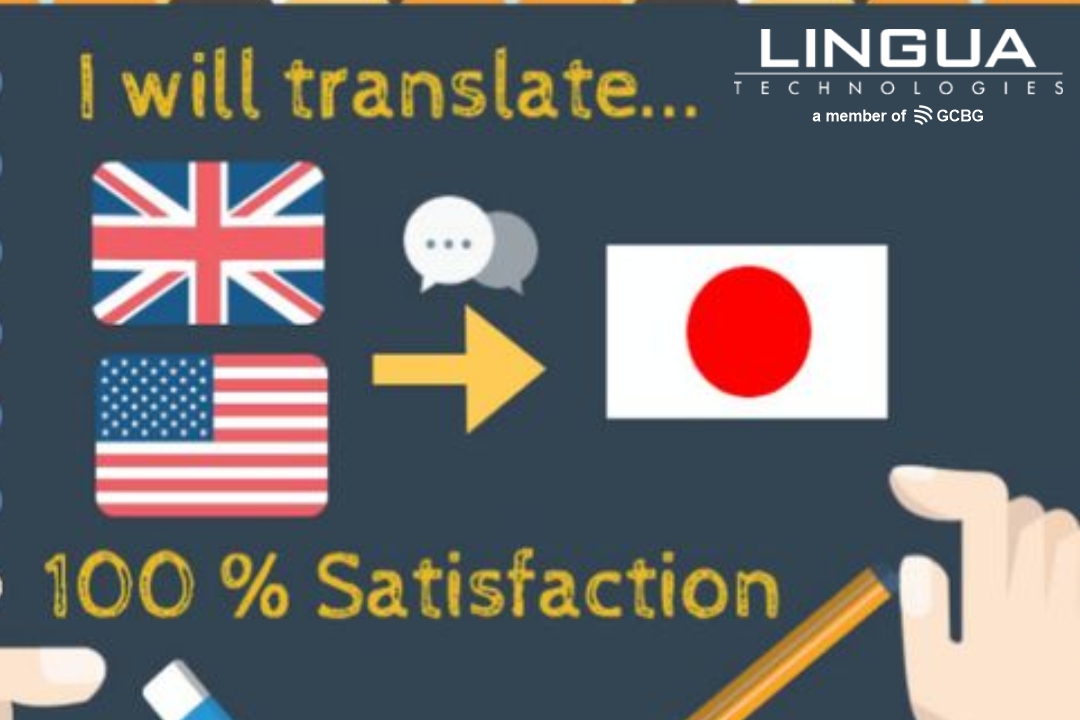Reasons Why Auto-Translate Will Never Work for Japanese Language Translations
When it comes to translations, there are
about as many opinions as there are heads. With AI being brought into the mix
recently, the speculations have shot up in numbers. Now, there is a straight
contention between manual translation and machine translation. The English to Japanese translation service
is at the focal point of this discourse.
Being one of the most sought translation
services in today’s times, people often wonder whether it’s a practical idea to
go the machine way and save money or to get it done the conventional way by
professionals and spend a little extra.
Unreliability
of Machine Translation
The truth is, machine translation cannot be
relied upon when it concerns official documents and reports that require high
levels of accuracy. Nor can it be depended upon for advertisement materials
that need preservation of the essence. Machines can do neither, and that makes
the job sloppy and sketchy. You can make a case for technology, but technology,
even in its smartest form, cannot learn a language to its fullness. The lack
will always show through in the machine translation works.
Multiplicity
of Scripts
English
to Japanese translation is the last job you want to
trust a computer software to do. The most obvious reason for that is the
intricacy of the Japanese language. As it is, the Japanese language is a complex
one. It has three scripts, namely the katakana, kanji and hiragana. A word
written in one script means something else in the other. Some of these scripts
again have loan words from foreign languages which makes it all the more
confusing for robots to grasp.
A machine may be programed to substitute a
word from a language with a word of similar meaning from another language, but
it cannot be taught the subtle differences which only trained translators can
recognize.
Incapability
of Machines to Perform Creative Translations
Another reason why Google translator or any
translating software will not work for English to Japanese translation is because machines are technically incapable of
making creative translations. They are capable of creating syntaxes following
grammatical rules and replace words to the best of their ability and lexicons,
but in doing so, they cannot preserve the creative element of the text that
only trained translators can do.
That’s why machine translation often fails
to capture the warmth and naturalness of the scripts, delivering literal
translations that are cold and sound artificial at best. Especially when you
fed a software large amount of text from one language and hit the translate
command, it produces a literally translated version which has problem syntaxes
and inappropriate use of words.
Machines
Can’t Translate Context
The Japanese language, just like English,
is closely linked to its culture and people. What makes English to Japanese translation done by professionals perfect is
the preservation of those cultural and contextual elements which communicate to
the readers a certain sense of familiarity that literal translations fail to
do. Consequently, the text often appears rude or blasé to the indigenous
people.




Comments
Post a Comment